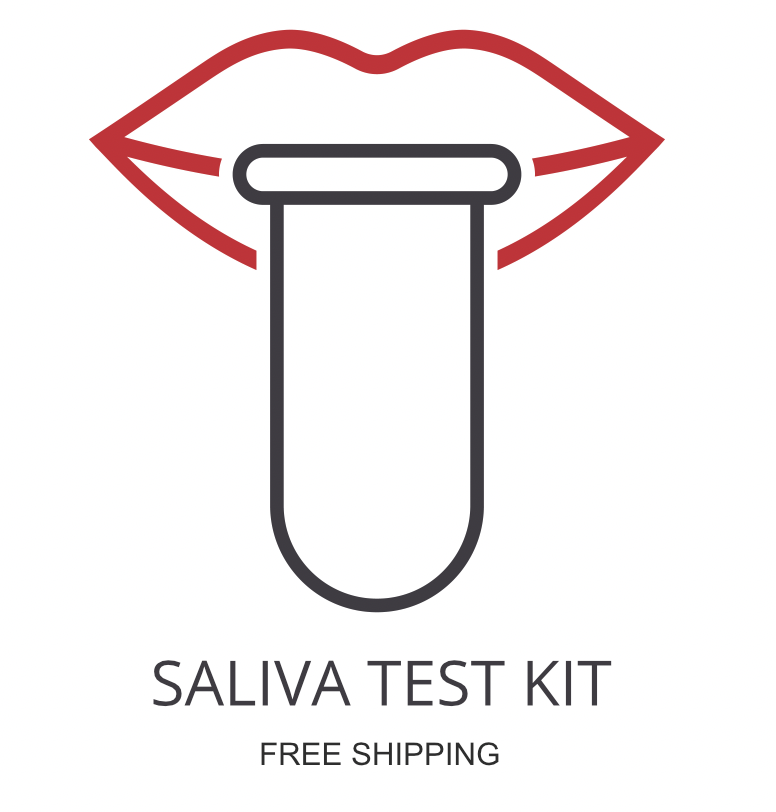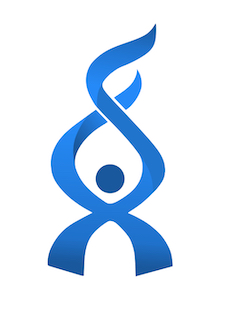Ordering the Weight Management Profile | ZRT Lab
Ordering the Weight Management Profile from ZRT Lab helps you check key hormones and markers that affect weight, appetite, and energy. This test looks at hormones like cortisol, insulin, and thyroid-stimulating hormone, as well as blood sugar and vitamin D, which all play a role in how your body stores fat and uses energy. Interestingly, research shows that imbalances in hormones such as leptin and ghrelin can make it harder to manage cravings and maintain a healthy body mass index, even with regular exercise and a balanced diet.
When ordering this test, you can expect the following specific benefits:
- Measures cortisol at four different times to show how stress may affect fat storage and energy.
- Checks insulin and hemoglobin A1c to help spot early signs of blood sugar problems.
- Assesses thyroid-stimulating hormone to see if your thyroid is slowing your metabolism.
- Looks at vitamin D2 and D3, which can impact energy and weight control.
- Evaluates sex hormones like estradiol, progesterone, and testosterone, which can influence fat distribution and muscle mass.
Who Should Consider Hormone and Metabolic Testing for Weight Concerns
People who have tried different diets and exercise routines but still struggle with weight changes may benefit from this test. For example, someone who feels tired, has strong cravings, and notices their weight going up even with healthy habits could use this test to find out if hormone or blood sugar issues are involved.
Ordering this test may also be helpful in these situations:
- Someone with a family history of diabetes or thyroid problems.
- People who have trouble sleeping and notice changes in appetite or energy.
- Those who feel stressed often and see changes in their waist size or body fat.
- Anyone who has unexplained fatigue and wants to check if low vitamin D or hormone levels are a factor.
- People who have recently started a new medication and notice unexpected weight gain or loss, as some medicines can affect hormone balance.
Testing for these markers can help you find out if hormone or blood sugar imbalances are making it harder to manage your weight, cravings, or energy. Delaying this test could mean missing early signs of changes in blood sugar or hormone levels, which may make it harder to reach your weight goals.
Preparing for Metabolic and Hormone Lab Testing
Fasting is not required for this test, but it’s best to collect your samples in the morning as directed. Always follow any instructions your doctor or healthcare provider gives you to make sure your results are as useful as possible.
Labs Included When Ordering Your Weight Management Profile | ZRT Lab
| Test Name | Reference Range | What This Test Shows | Low and High Levels of This Marker |
|---|---|---|---|
| Saliva Markers | |||
| Estradiol (E2) | 1.3–3.3 pg/mL (men), 1.3–3.3 pg/mL (postmenopausal women), 1.3–9.1 pg/mL (premenopausal women) | Estradiol is a main estrogen hormone that affects fat storage, appetite, and energy. It helps regulate metabolism and body fat, especially in women. |
High levels mean possible hormone imbalance, which can cause weight gain, bloating, or mood changes.
Low levels mean possible slow metabolism, fatigue, or trouble losing weight. |
| Progesterone | 12–100 pg/mL (luteal phase women), 5–95 pg/mL (follicular phase women), 5–40 pg/mL (men) | Progesterone helps balance estrogen and supports normal fat storage and appetite. It also plays a role in sleep and energy. |
High levels mean possible hormone imbalance, which can cause tiredness or weight changes.
Low levels mean possible trouble with sleep, mood, or increased cravings. |
| Testosterone | 30–120 pg/mL (men), 10–55 pg/mL (women) | Testosterone supports muscle mass, fat burning, and energy. It helps keep body fat in check and supports a healthy metabolism. |
High levels mean possible increased muscle mass or, in women, unwanted hair or acne.
Low levels mean possible low energy, more body fat, or less muscle. |
| Cortisol x 4 | Morning: 3.7–9.5 ng/mL, Noon: 1.2–3.0 ng/mL, Evening: 0.6–1.9 ng/mL, Night: 0.4–1.0 ng/mL | Cortisol is a stress hormone that affects fat storage, cravings, and blood sugar. Testing at four times shows how stress changes during the day. |
High levels mean possible stress, belly fat gain, or trouble sleeping.
Low levels mean possible fatigue, low blood sugar, or feeling weak. |
| DHEAS | 2–23 ng/mL (men), 2–23 ng/mL (women) | DHEAS is a hormone that helps make other hormones like estrogen and testosterone. It supports energy, muscle, and fat balance. |
High levels mean possible hormone imbalance or increased body hair.
Low levels mean possible tiredness, low mood, or less muscle. |
| Bloodspot Markers | |||
| Thyroid Stimulating Hormone | 0.5–4.5 μIU/mL | This hormone tells the thyroid to make hormones that control metabolism. It helps regulate how fast your body uses energy and burns calories. |
High levels mean possible slow metabolism and weight gain.
Low levels mean possible fast metabolism or weight loss. |
| Vitamin D2 and D3 | 30–100 ng/mL (total) | Vitamin D helps with energy, mood, and fat storage. It also supports muscle function and helps the body use insulin properly. |
High levels mean possible over-supplementation or toxicity.
Low levels mean possible tiredness, weak muscles, or trouble losing weight. |
| Insulin | 2–25 μIU/mL (fasting) | Insulin helps move sugar from the blood into cells for energy. It plays a key role in fat storage and blood sugar control. |
High levels mean possible insulin resistance or risk for diabetes.
Low levels mean possible low blood sugar or trouble storing energy. |
| Hemoglobin A1c | 4.8–5.6% | Hemoglobin A1c shows your average blood sugar over the past 2–3 months. It helps spot early signs of diabetes or blood sugar problems. |
High levels mean possible prediabetes or diabetes.
Low levels mean possible low blood sugar or anemia. |
Reference ranges may change slightly as labs update their standards, so always check your report for the most current values.
Weight Management Profile | ZRT Lab FAQ
Is there Weight Management Profile | ZRT Lab testing near me?
This is a test kit you can use at home, and you can check the draw location link at the top of the page for local collection options. For people who have trouble with energy, cravings, or weight changes, having a nearby collection site makes it easier to get tested without extra travel or delays.
How do I interpret the test results?
While your treating physician should review your results, you can also use our one-on-one test results review service with our clinical team for a detailed explanation and next steps.
What is the cost of the test?
The price you see includes standard shipping to you and back to the lab, but draw fees may apply if you use a local collection site. Ordering this test can help you find out if hormone or blood sugar issues are making it harder to manage your weight, so you can address them sooner.
How often should I retest?
It’s best to retest every 6–12 months, or as your doctor recommends, to track changes in your hormone and blood sugar markers. Regular testing helps you see if your plan is working and make changes if needed.
How accurate is the test?
This test uses saliva and blood spot collection, analyzed by advanced immunoassay and liquid chromatography-tandem mass spectrometry (LC-MS/MS) methods, with specificity and sensitivity both above 95%. TrueHealthLabs.com partners with CLIA-certified and CAP-certified laboratories to uphold rigorous testing standards for dependable results.
Important Notes
- This test cannot be shipped to and collected in New York. Contact us with questions.
Medical Review Board
Reviewed by Jeff Donohue M.D. from Body Logic and Brady Hurst DC, CCCN. Written by True Health Lab’s team of editorial health contributors.
Disclaimer: This information is for educational purposes only and not intended as medical advice. Consult your healthcare provider for personalized guidance.
Why Customers Trust True Health Labs - What People are saying
Also rated 4.6 out of 5 based on 3452 ShopperApproved reviews- See all TrueHealthLabs.com reviews.







